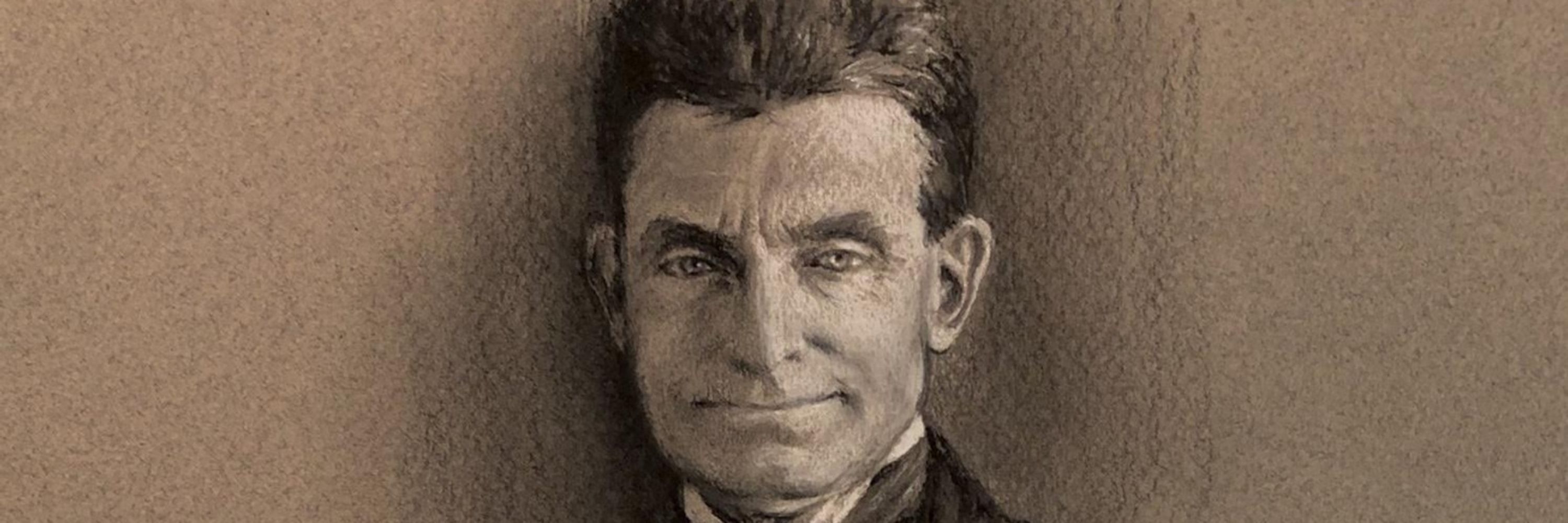Annoyed History Guy, MA
@chuckfinley22.bsky.social
1.3K followers
2.2K following
110 posts
John Brown fan, historian of Reconstruction & Lost Cause education, HS teacher of history & political science. Enemy of nostalgia. Long-suffering Chicago Bears fan. Army vet. Heavy metal enthusiast.
Posts
Media
Videos
Starter Packs
Reposted by Annoyed History Guy, MA
Reposted by Annoyed History Guy, MA







